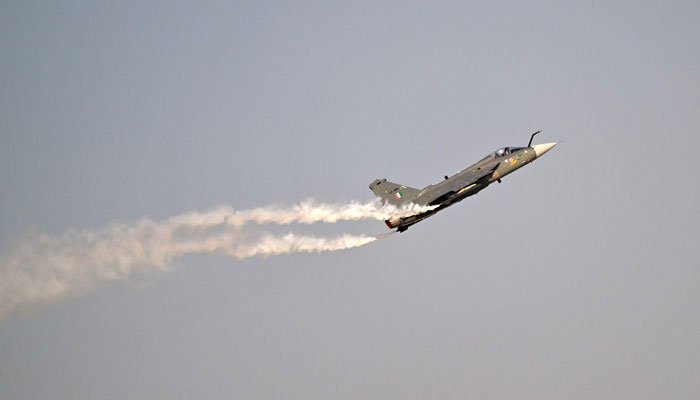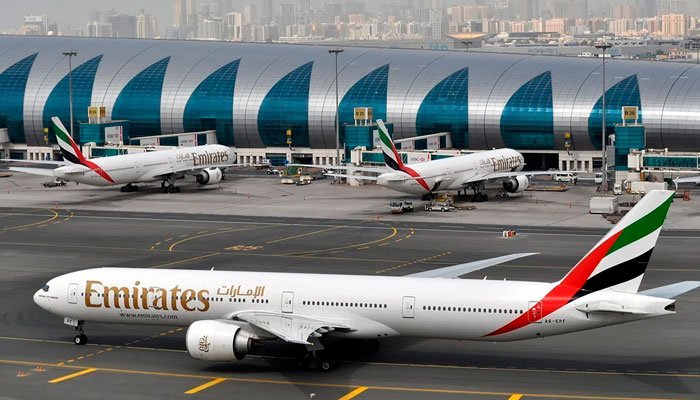Maldivian Foreign Ministry revealed that the approximately 80 Indian soldiers stationed in the Indian Ocean.
India to Withdraw Troops from Maldives by May, Strained Ties to Ease. In a significant development aimed at improving bilateral relations, India has agreed to withdraw its troops from the Maldives by May, according to a statement from the Maldivian Foreign Ministry on Saturday. This move comes as both countries work towards resolving tensions that have strained their ties.
The Maldivian Foreign Ministry revealed that the approximately 80 Indian soldiers stationed in the Indian Ocean archipelago will be replaced by civilians, marking a shift in the military presence in the region. This decision follows negotiations between officials from both nations.
The strained relationship between India and the Maldives stemmed from political changes in the Maldives, including Mohamed Muizzu’s presidency and his pledge to end the country’s “India First” policy. Muizzu had called for the withdrawal of Indian troops by March 15, citing the need to assert the Maldives’ sovereignty.
In response, the Indian government has agreed to a phased withdrawal of its troops, with the first batch scheduled to leave by March 10 and the remaining troops departing by May 10. This agreement was reached during a high-level meeting in New Delhi, where various bilateral cooperation issues were discussed.
More From FactFile: Mushaal Condemns India’s Atrocities in IIOJK
While India’s Ministry of External Affairs has not yet commented on the troop pullout, the Maldivian statement emphasized that both countries have agreed on mutually acceptable solutions to ensure the continued operation of Indian aviation platforms providing humanitarian services to the Maldives.
The announcement of the troop withdrawal signifies a positive step towards easing tensions and fostering closer cooperation between India and the Maldives. It reflects a commitment to diplomatic dialogue and resolving differences through peaceful means, which bodes well for the stability and prosperity of the region.





